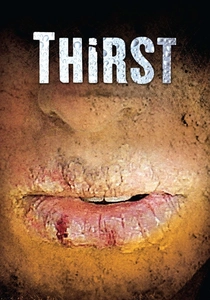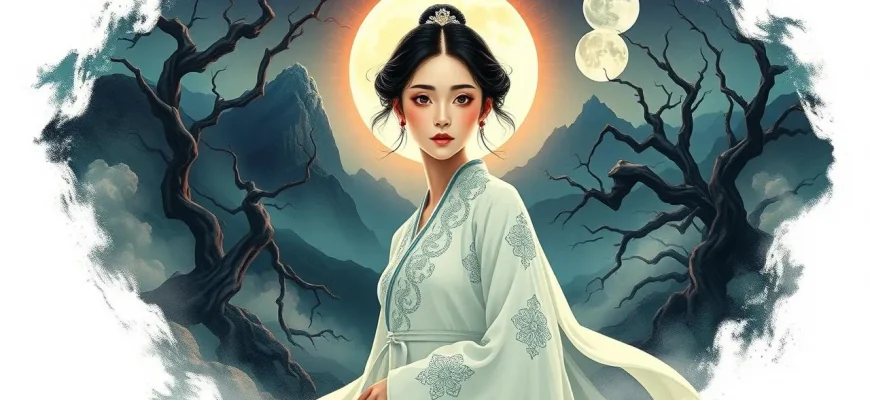Korean cinema has carved out a niche in the horror genre with its unique blend of cultural folklore, psychological depth, and visceral scares. This curated list of 10 Korean horror films offers a thrilling journey into the eerie, the supernatural, and the deeply unsettling. Each film brings something distinctive to the table, from ghost stories to psychological thrillers, providing a rich tapestry of horror that will captivate both aficionados and newcomers to the genre.

Thirst (2009)
Description: Directed by Park Chan-wook, this film combines horror with themes of religion, morality, and vampirism, offering a fresh take on the vampire genre.
Fact: It won the Jury Prize at the 2009 Cannes Film Festival, making Park Chan-wook the first Korean director to win an award there.
 30 Days Free
30 Days Free

The Wailing (2016)
Description: This film delves into the mysterious illness plaguing a small village, blending folklore with modern horror elements. Its complex narrative and chilling atmosphere make it a standout in Korean horror cinema.
Fact: The film was a box office hit in South Korea, and it was also selected as the South Korean entry for the Best Foreign Language Film at the 89th Academy Awards.
 30 Days Free
30 Days Free

Train to Busan (2016)
Description: While primarily a zombie thriller, its intense horror sequences and emotional depth make it a compelling addition to this list. The film explores themes of survival and family amidst a zombie apocalypse.
Fact: It was the first Korean film to be screened in IMAX theaters in South Korea, and it received widespread international acclaim.
 30 Days Free
30 Days Free

A Tale of Two Sisters (2003)
Description: This psychological horror film, based on a Korean folk tale, explores family dynamics and mental illness, creating an atmosphere of dread and confusion.
Fact: It was remade in the U.S. as "The Uninvited," and it remains one of the highest-grossing Korean horror films of all time.
 30 Days Free
30 Days Free

The Host (2006)
Description: A creature feature with a political undertone, this film uses horror to comment on environmental issues, making it a unique entry in the genre.
Fact: Directed by Bong Joon-ho, who later won an Academy Award for "Parasite," this film was a major commercial success in South Korea.
 30 Days Free
30 Days Free

The Quiet Family (1998)
Description: A dark comedy horror about a family running a guesthouse where guests mysteriously die, this film showcases Kim Ji-woon's early foray into horror-comedy.
Fact: It was remade in Japan as "The Happiness of the Katakuris" by Takashi Miike.
 30 Days Free
30 Days Free

Whispering Corridors (1998)
Description: This film set the stage for the "Whispering Corridors" series, focusing on ghostly hauntings in an all-girls school, tapping into the cultural fears of the supernatural.
Fact: It was the first in a series of five films, all exploring different supernatural themes in school settings.
 30 Days Free
30 Days Free

The Red Shoes (2005)
Description: A psychological horror about a pair of red shoes that possess their wearer, this film delves into themes of obsession and control.
Fact: It was inspired by the Hans Christian Andersen fairy tale of the same name.
 30 Days Free
30 Days Free

The Doll Master (2004)
Description: A horror anthology where each segment revolves around a haunted doll, exploring different facets of fear and folklore.
Fact: The film features a mix of traditional Korean ghost stories and modern horror elements.
 30 Days Free
30 Days Free

The Piper (2015)
Description: Based on the Pied Piper legend, this film explores themes of revenge and supernatural retribution in a Korean village.
Fact: It was adapted from a short story by the same name, blending folklore with horror elements.
 30 Days Free
30 Days Free









